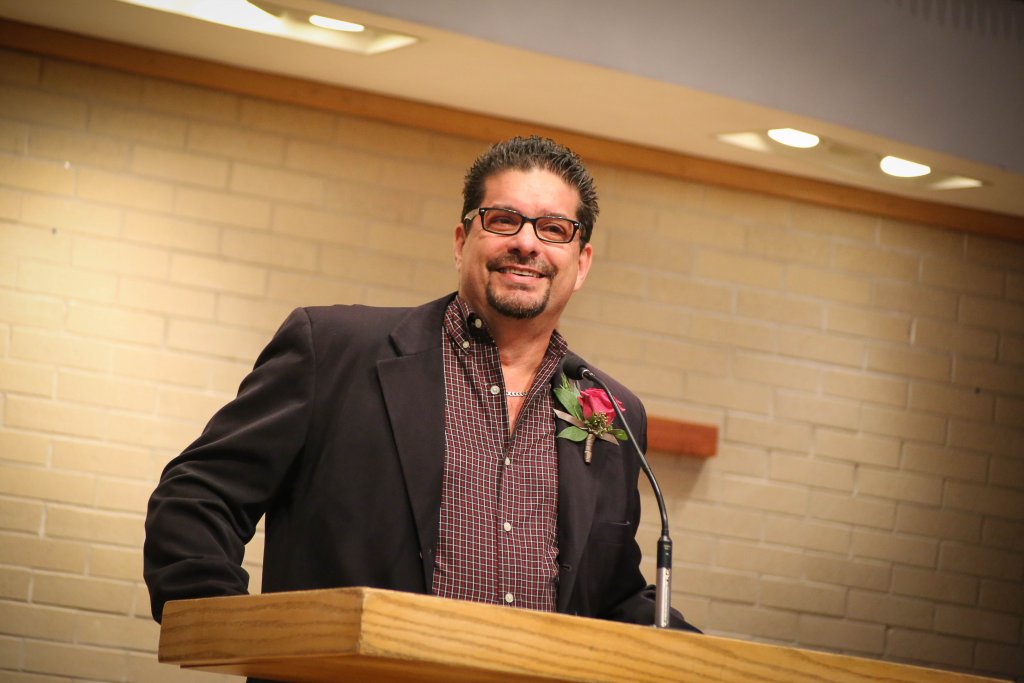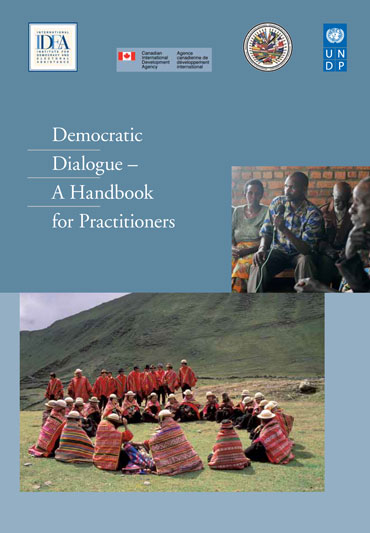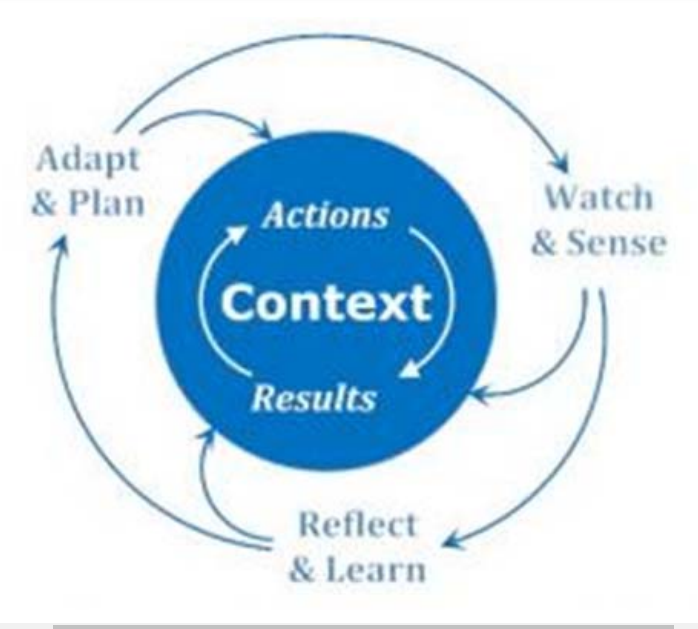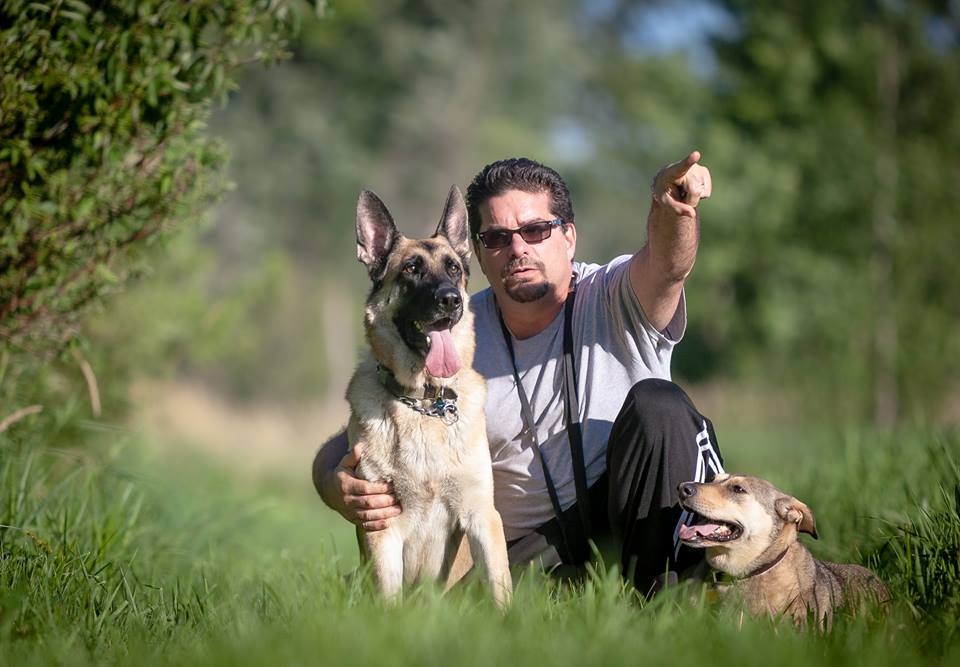
Philip Andrew Thomas
May 1, 1965 — November 29, 2018
With great sadness, we said goodbye to one of our founding board members in December, 2018. Philip Thomas was a dear friend, mentor, and coach to many students and practitioners of social change in our community. While his leadership and advocacy for peace and dialogic processes spanned the globe, we were blessed that he invested so much time and energy close to his home in downtown Goshen. He was a profound source of inspiration and hope for many, and his presence among us — while tragically cut short — will continue to be felt in the many ways he touched our lives and helped us become better versions of ourselves.
This page offers a few highlights of Phil’s work; it’s an initial effort to keep some of his writing and thinking accessible while we consider how best to preserve and continue living into what he tried to teach us.

Phil’s family celebrated his life and work in a memorial service in Goshen, Indiana on December 21, 2018. The service was live-streamed to viewers across the globe and included a special tribute video prepared by Phil’s brother, Tim Thomas.
This article offers an initial remembrance of Phil’s life and work by Goshen College, where he taught courses in “Designing for Social Change”.
Philip Thomas’ remembrance of Tani Adams
“Democratic Dialogue: A Handbook for Practitioners“, co-authored- with Bettye Pruitt, is one of Phil’s most important contributions to his field of international peacemaking and dialogue. It “offers a comprehensive overview of the use of dialogue processes to address societal challenges in an inclusive, democratic way that engages a broad range of actors in bringing about positive change.”
Phil sought to continue developing the core frameworks and ideas into the “Design and Learning Protocol“, which presents tools and methodologies to help align and empower stakeholders to collectively make sense of their shared context and purpose.
Photo Journals
Phil was in the process of rebuilding his website for his business, D3 Associates, to reflect his renewed focus on coaching and capacity building. An archived version of d3associates.net can be found on the Wayback Machine.
Writing
Changing Demographics and Growing Diversity in the City of Goshen
“In the fall of 2006, D3 Consultants was hired by the City of Goshen’s Community Relations Commission to conduct a study of the community regarding increasing diversity, focusing primarily on the demographic shifts and growing Hispanic population in the last 25 years. The purpose of the study was twofold: to gather data and perspectives on the impact of these trends, and to identify ways in which the community could more proactively and strategically anticipate the future.”
A Report on the Early Childhood Learning System of Elkhart County
This research was conducted with the intent to explore and describe the early childhood landscape of Elkhart County.
Towards an Ethic of Curiosity: The Beginnings of a Theory of Dialogic Negotiations based on Narrative Analysis and the Construction of Meaning
An unpublished paper by Philip Thomas (2002) that explores a social constructionist approach to dialogue and negotiations. It draws specifically on the theory of communication known as the Coordinated Management of Meaning (CMM).
Where are the Publics in These Democracies? Dialogue and Deliberation: Mechanisms for Exercising Civic Engagement
A paper by Philip Thomas presented at the International Conference on Mediation, held in Guatemala City, Guatemala, 2004.
Towards an Integral Theory and Practice of Dialogue
An unpublished paper by Philip Thomas (2006) that applies the Integral Framework of Ken Wilber to the theory and practice of Dialogue.
In Pursuit of Communicative Competence: From Information-based to Transformation-based Training
An unpublished paper by Philip Thomas (2004) that explores the theory and concepts of Transformational Learning and offers a self-critique of common approaches and challenges in training programs on negotiation, mediation and conflict transformation where insufficient emphasis is placed on developing what Habermas calls “communicative competence.”
Design & Learning Protocol (DLP) — A Tool for Action Inquiry
“The Design and Learning Protocol (DLP) supports the strategic thinking and implementation of change initiatives that are facing the dual challenge of engaging people from different backgrounds and perspectives while continuously adapting to evolving contexts. When groups come together in hopes of achieving a common purpose, they need, above all, to establish a basis for the coordinated action that will allow them to make concrete progress toward their goal. The DLP helps to make this possible by supporting joint analysis and the development of shared understanding of the situation, goals and the steps that need to be taken to achieve results. It is this shared understanding that enables groups to work more effectively toward desired outcomes.
The approach of the DLP follows the action-reflection cycle (illustrated here) that is basic to all action learning. It provides support to help groups work together to articulate the assumptions informing strategic choices, tailor their strategies to specific contexts, and sense and adapt to changes in context as they proceed. The DLP also supports documentation of this critical thinking to enable ongoing reflection and promote the kind of resilient, adaptive implementation of strategy required for effective change initiatives, particularly in complex settings. This guide is designed to make the DLP accessible and usable in a wide variety of situations.”
Democratic Dialogue – A Handbook for Practitioners
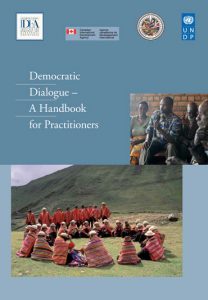 This Handbook, sponsored jointly by International IDEA, the United Nations Development Programme (UNDP), the Organization of American States (OAS) and the Canadian International Development Agency (CIDA), offers a comprehensive overview of the use of dialogue processes to address societal challenges in an inclusive, democratic way that engages a broad range of actors in bringing about positive change. It is addressed to people actively or potentially engaged in doing dialogue work—organizing, sponsoring, promoting, or facilitating dialogue processes within their institutions and societies. Most importantly, it is thoroughly grounded in the experience of dialogue practitioners from around the world.
This Handbook, sponsored jointly by International IDEA, the United Nations Development Programme (UNDP), the Organization of American States (OAS) and the Canadian International Development Agency (CIDA), offers a comprehensive overview of the use of dialogue processes to address societal challenges in an inclusive, democratic way that engages a broad range of actors in bringing about positive change. It is addressed to people actively or potentially engaged in doing dialogue work—organizing, sponsoring, promoting, or facilitating dialogue processes within their institutions and societies. Most importantly, it is thoroughly grounded in the experience of dialogue practitioners from around the world.
The Handbook provides a conceptual framework that speaks to critical questions: Why dialogue?’, ‘What is dialogue?’ and `How does dialogue contribute to positive change?’. It offers a detailed guide to putting these concepts into practice, offering practical guidance and concrete examples from the field for each step: exploring whether a dialogue process is appropriate in the context; designing and then implementing a dialogue process; and conducting a meaningful process of monitoring and evaluation throughout.
A third major part of the book anchors all of this information in the reality of three fully developed case studies showing different approaches in different regions— Latin America, Africa and Asia. In two appendices, the Handbook also provides a comparative overview of more than 30 cases and a guide to the rich array of dialogue processes and process tools that practitioners can consider for use, or just for inspiration.
“I believe that deep and lasting change is only possible to the extent that interdependent parties are willing to engage in dialogic negotiation where each embraces his or her own understanding of the world while at the same time becoming profoundly open to understanding the world of Other.”
– Philip Thomas, “Towards an Ethic of Curiosity“

